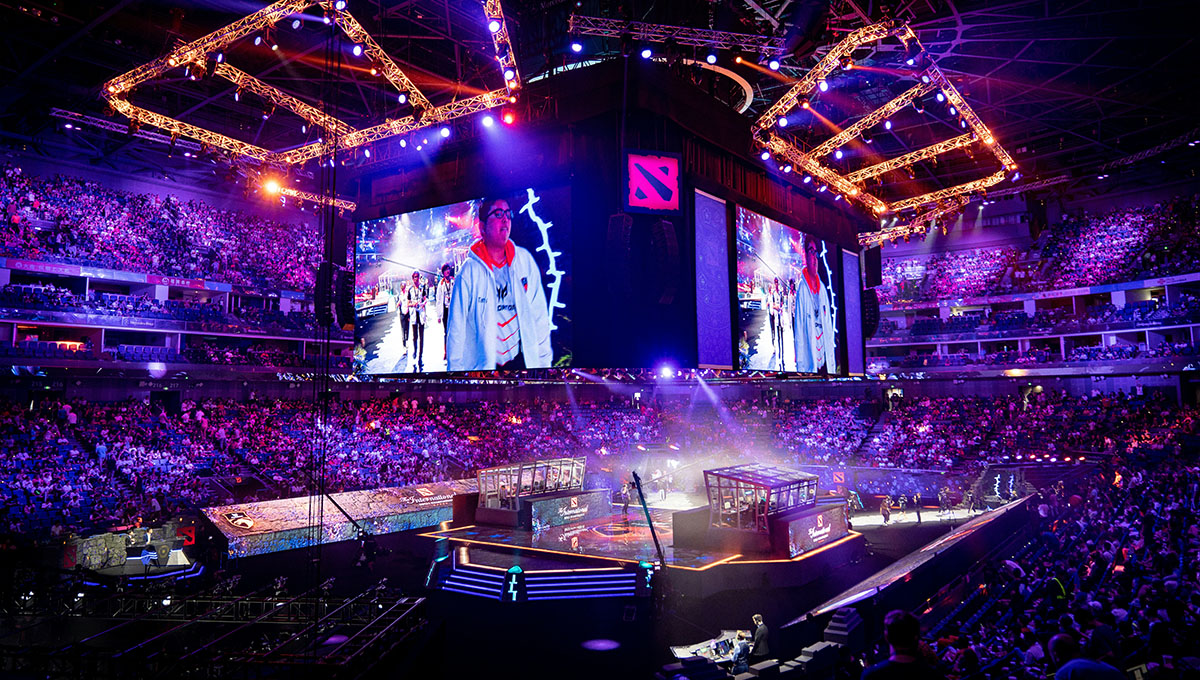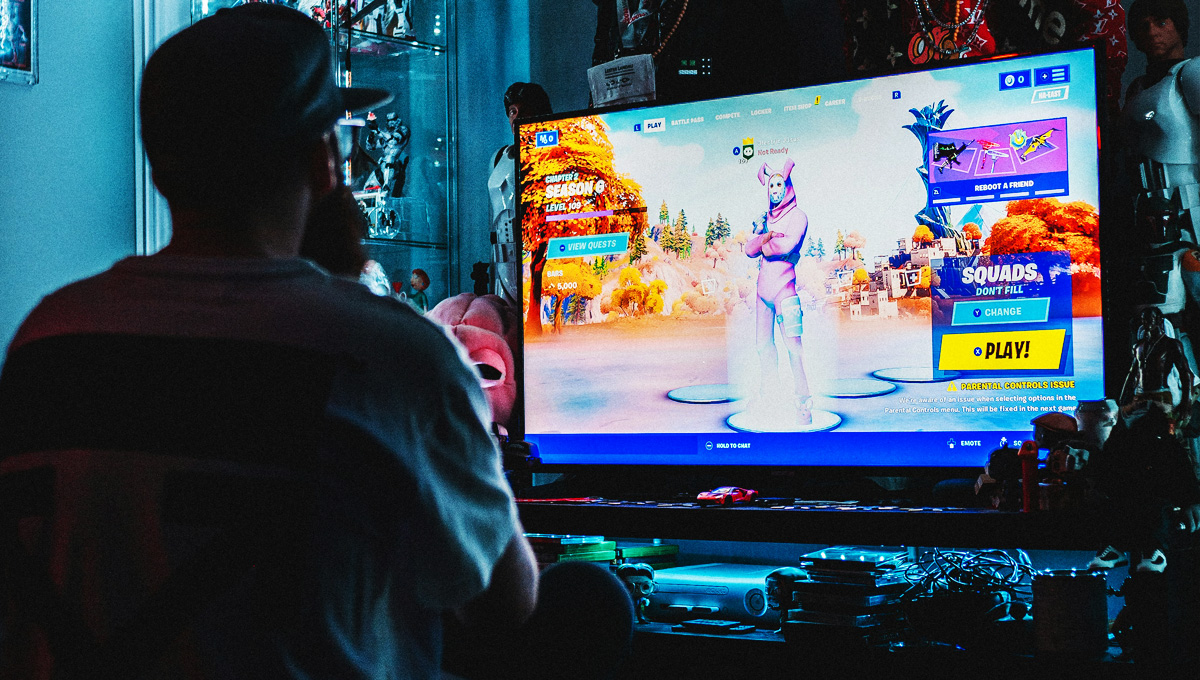Author: CryptoPlayerOne
-

Crypto Jargon Decoder for New Players
Entering web3 as a gamer can feel overwhelming; this guide explains the essential terms and actions in clear, practical language so a player can participate safely and confidently.
-

Press Kit Template for Indie Games
A concise, well-structured press kit turns an indie game’s assets and story into usable materials for media, streamers, and partners, increasing the chance of clear, timely coverage.
-

Avoid Rug Pulls and Fake Airdrops
Scammers in crypto adapt quickly, but a structured, educational approach to verification and safe habits greatly reduces the chance of loss. This guide explains step-by-step checks, tools, and operational practices to protect funds from rug pulls and fake airdrops.
-

Keyboard vs Controller: Which Wins?
Choosing between a keyboard and a controller is less about tribal preference and more about matching input mechanics, hardware, and training to the player’s goals and the games they play. This guide presents a thorough, practical comparison with actionable calibration steps, training plans, and decision-making tools to help the reader evaluate both options.
-

Underrated WebGL Gems You Missed
Browsers now run games that rival native titles in polish and immediacy, yet many excellent WebGL projects stay under the radar. This expanded guide explains why those games hook players fast and how developers can reproduce that effect.
-

Gas Fees 101: Pay Less to Play
Gas fees shape how people interact with blockchains: understanding them lets players, traders, and developers make smarter, lower-cost decisions while preserving security and performance.
-

Build a Discord That Doesn’t Die
A healthy Discord server is the product of intentional systems: clear onboarding, predictable programming, fair moderation, and tidy channels that make participation easy and rewarding.
-

Why Browser Games Are Booming Again
Browser games have returned as a mainstream medium because the web now supports experiences that are instant, social, and technically capable; this article explains why that matters and how creators can take advantage.
-

Designing Fair Power-Ups
Power-ups can create dramatic comeback moments and deepen strategy, but poorly designed ones often provoke frustration; this article explains practical methods to design, tune, and evaluate power-ups so they feel fair, readable, and skill-respecting.
-

Beat Input Lag in Browser Games
Input lag can turn a crisp browser game into a sluggish experience; with focused changes they can noticeably tighten responsiveness and improve play. This expanded guide explains the technical causes of input lag, provides platform- and browser-specific advice, and walks through practical tweaks — from browser flags to VSync settings, polling rate adjustments, and developer-level…
-

Top Browser Racing Games for Quick Matches
Quick races require games that minimize downtime, reward rapid skill execution, and feel responsive from the first second — this article expands the original guide with deeper technical context, practice routines, and practical tips to refine the quick-match experience across devices.